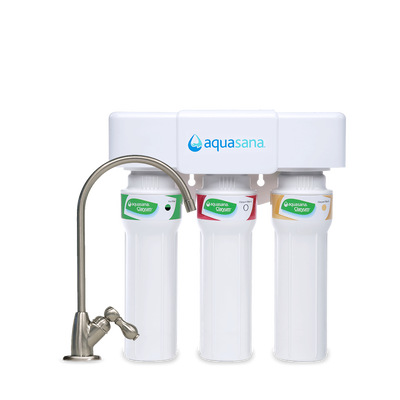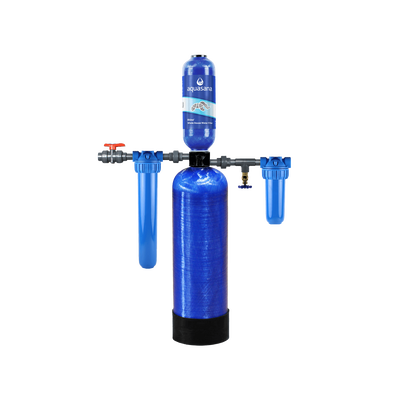What is hard water?
Hard water is water that contains high levels of dissolved minerals, primarily calcium and magnesium. These minerals accumulate as water moves through soil and rock, especially in areas rich in limestone, gypsum, or chalk. The higher the mineral concentration, the “harder” the water. Hard water isn’t necessarily harmful to consume, but its effects can be damaging to your home over time.
Why do certain areas of the United States have harder water?
Regions with high concentrations of limestone and other mineral-rich rocks tend to produce harder water. This is especially common in areas across the Southwest, Midwest, and parts of the Southeast United States. The U.S. Geological Survey (USGS) has mapped water hardness across the country, showing that western states like Arizona, Nevada, and California generally have harder water than coastal and northeastern states.
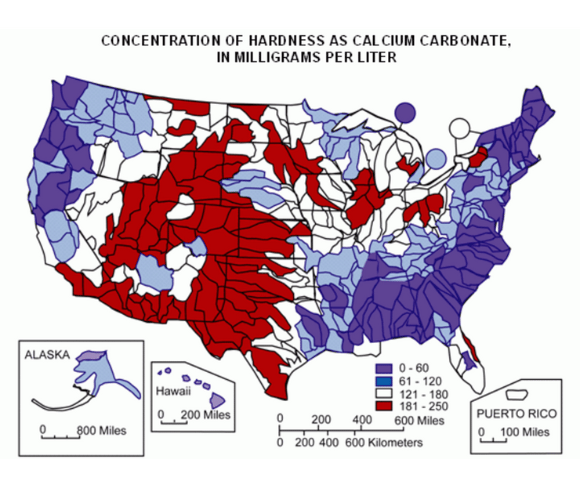
Top 10 U.S. cities with the hardest water
According to water hardness data from the U.S. Geological Survey (USGS), these cities consistently rank as the hardest for water quality:
1. Las Vegas, Nevada
Water hardness: Over 300 parts per million (ppm)
Las Vegas’s water is sourced from the Colorado River, which runs through mineral-rich areas, leading to high levels of calcium and magnesium. For more information about water hardness in Las Vegas, check out the Las Vegas Valley Water District Water Quality Summary.
2. San Antonio, Texas
Water hardness: 280-300 ppm
The Edwards Aquifer supplies San Antonio, and the city’s limestone geology contributes to high water hardness levels. To find out your water hardness level, use the San Antonio Water System’s (SAWS) interactive map to find the SAWS system that serves you and open the area’s water quality report.
3. Indianapolis, Indiana
Water hardness: 250-350 ppm
Indiana’s groundwater contains high levels of limestone, making cities like Indianapolis prone to hard water issues. For additional information about hard water levels in Indianapolis, download the area’s Water Quality Report from Citizens Energy Group.
4. Kansas City, Missouri
Water hardness: 250+ ppm
Kansas City’s water sources run through limestone-heavy areas, contributing to consistently hard water levels. To learn more about water hardness in Kansas City, check out Kansas City’s Water Quality Report provided by the Kansas City Board of Public Utilities.
5. Phoenix, Arizona
Water hardness: 200+ ppm
The Salt and Verde Rivers supply Phoenix’s water, which is affected by the desert region’s naturally mineral-heavy composition. The City of Phoenix provides Water Quality Reports dating back to 2017 so you can learn about water hardness and other contaminant levels in the area with historical context.
6. Riverside, California
Water hardness: 200-250 ppm
Riverside sources much of its water locally, and the mineral-heavy soil in the area creates high water hardness levels. You can learn more about water hardness and other contaminant levels by accessing water quality reports from The City of Riverside’s Reports & Finances page.
7. Austin, Texas
Water hardness: 180-200 ppm
Like San Antonio, Austin’s water is impacted by Texas’s limestone-rich geology, making hard water common across the city. For more information about water hardness in Austin, check out Austin’s Water Quality Reports page.
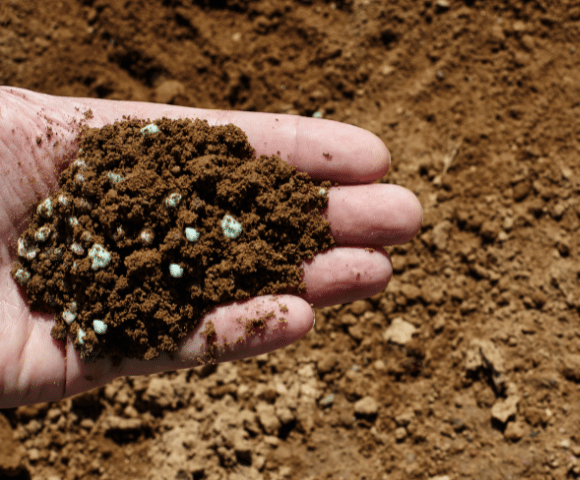
8. Minneapolis, Minnesota
Water hardness: 170-250 ppm
Minneapolis sources much of its water from mineral-rich groundwater and aquifers, which leads to high mineral content. To learn more about tap water quality in Minneapolis, check out the Minneapolis Water Quality Reports page.
9. Tampa, Florida
Water hardness: 150-300 ppm
Tampa’s groundwater is high in calcium and magnesium, impacting plumbing and appliance efficiency. For more information about water quality in Tampa, check out Tampa’s current Water Quality Report page.
10. Salt Lake City, Utah
Water hardness: 150-250 ppm
Utah’s rocky and mineral-rich landscape leads to high water hardness in Salt Lake City, where residents experience visible limescale buildup. If you want to know more about water hardness in the area, check out Salt Lake City’s Water Quality page with reports dating back to 2018.
How hard water can affect your home
Hard water can have costly and inconvenient effects on your home and daily life, including:
1. Damaged appliances
Hard water causes mineral buildup inside water heaters, dishwashers, and washing machines, reducing their efficiency and shortening their lifespan. This buildup can also drive up energy costs.
2. Clogged pipes and fixtures
Calcium and magnesium can accumulate in pipes, leading to reduced water flow and clogs, which may require frequent plumbing repairs.
3. Spots on dishes, glassware, and shower walls
Hard water often leaves mineral deposits on your glass shower walls, dishes, glassware, and silverware, resulting in spots and a dull appearance.
4. Reduced effectiveness of soaps and detergents
Hard water inhibits soap lathering, making it harder to clean clothes, dishes, and even yourself. Clothes may feel stiff, and skin and hair can feel dry or rough.
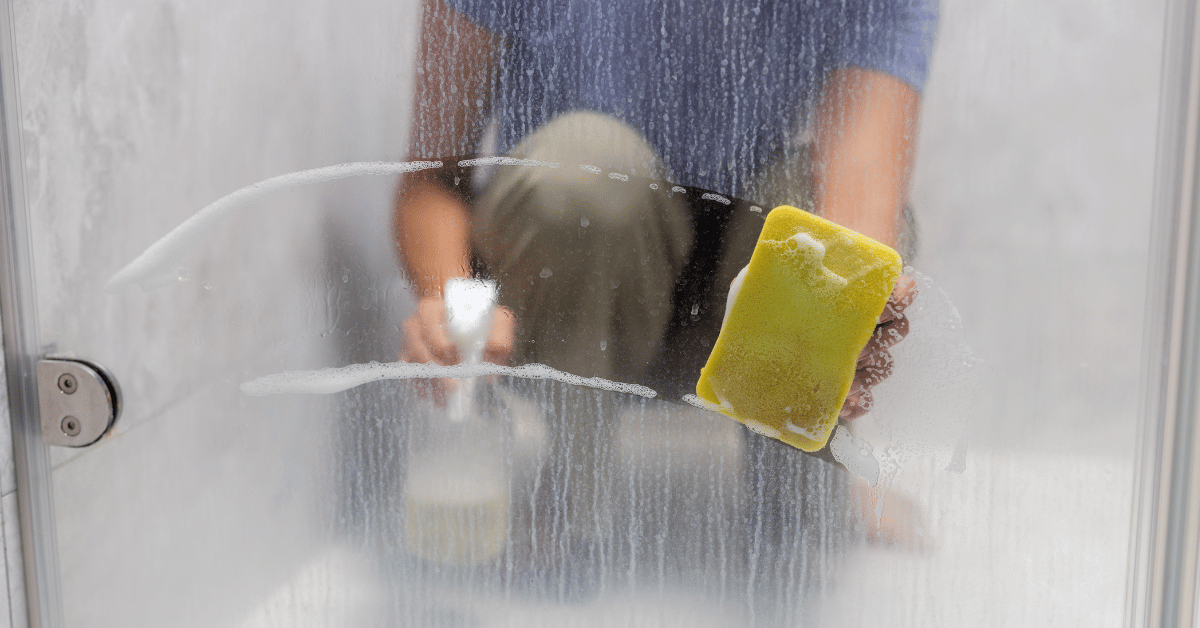
What can you do about hard water
If you live in one of the cities listed above, or any area with hard water, you don’t have to let it wreak havoc on your home. A water softener is an effective solution that can remove or reduce the calcium and magnesium ions responsible for water hardness. Water softeners work through a process called ion exchange, where minerals are replaced with sodium or potassium ions, effectively “softening” the water.
Installing a water softener provides several key benefits for your home and well-being. By reducing mineral buildup, it extends the lifespan of appliances, keeps pipes and fixtures clear, and minimizes maintenance costs. Softened water also ensures cleaner, spot-free dishes and leaves skin and hair feeling softer and healthier, enhancing both home care and personal care routines.
If you live in a region with hard water, investing in a water softener can make a significant difference, from maintaining your appliances and plumbing to improving your everyday quality of life. Don’t let hard water wear down your home — shop our water softeners or check out our guide on How to Choose a Water Softener for helpful information.
WHOLE HOUSE WATER SOFTENER
SimplySoft® 40,000 Grain Softener
Reduces minerals that cause hard water, providing softer, scale-free water from every tap in your home.
.png)
